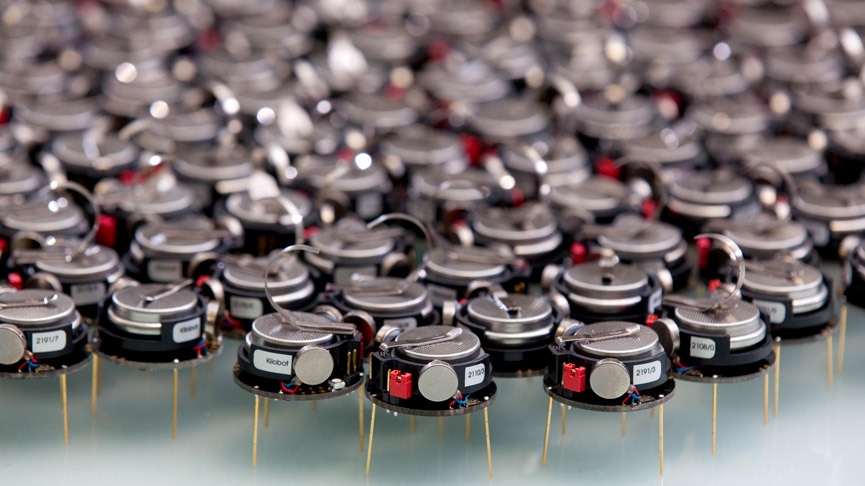Sep 1 2016
 (Credit: University of Sheffield)
(Credit: University of Sheffield)
Researchers at the University of Sheffield have stated that machines can now learn the workings of artificial and natural systems by merely observing them, without any command stating what they should look for.
This could lead to innovations in the world of technology, with machines being able to predict various things, including human behavior.
The discovery is inspired by the work of Alan Turing, the famous computer scientist who designed a test where a machine could pass if its behavior was indistinguishable from that of a human. The test involves an interrogator exchanging messages with a human and a machine in another room.
The interrogators task is to discover which of the two players is human. The machine is considered to have passed the test if the interrogator continuously fails to find the human, meaning they would be no more correct if they had randomly chosen a player. A machine that aces the test is considered to possess human level intelligence.
Our study uses the Turing test to reveal how a given system – not necessarily a human – works. In our case, we put a swarm of robots under surveillance and wanted to find out which rules caused their movements. To do so, we put a second swarm – made of learning robots – under surveillance too. The movements of all the robots were recorded, and the motion data shown to interrogators. Unlike in the original Turing test, however, our interrogators are not human but rather computer programs that learn by themselves. Their task is to distinguish between robots from either swarm. They are rewarded for correctly categorizing the motion data from the original swarm as genuine, and those from the other swarm as counterfeit. The learning robots that succeed in fooling an interrogator – making it believe their motion data were genuine – receive a reward.
Dr Roderich Gross, University of Sheffield
The advantage of the approach called “Turing Learning” does not require humans to instruct machines on what to look for, says Dr Gross.
“Imagine you want a robot to paint like Picasso. Conventional machine learning algorithms would rate the robot’s paintings for how closely they resembled a Picasso. But someone would have to tell the algorithms what is considered similar to a Picasso to begin with. Turing Learning does not require such prior knowledge. It would simply reward the robot if it painted something that was considered genuine by the interrogators. Turing Learning would simultaneously learn how to interrogate and how to paint.”
Dr Gross added that he believed the approach can lead to innovations in science and technology.
“Scientists could use it to discover the rules governing natural or artificial systems, especially where behaviour cannot be easily characterised using similarity metrics,” he said.
“Computer games, for example, could gain in realism as virtual players could observe and assume characteristic traits of their human counterparts. They would not simply copy the observed behaviour, but rather reveal what makes human players distinctive from the rest.”
Algorithms that can detect abnormal behavior can also be developed using Turing Learning. Such algorithms can be used in preventive maintenance of cars, airplanes and machine, and in monitoring the health of livestock.
The discovery can also be used in online identity verification, lie detection and other security applications.
Turing Learning has so far been tested in robot swarms. The team’s next step is to study the behavior of animal collectives such as colonies of bees or schools of fish. Such a study could result in gaining an insight into the factors that influence the animals’ behavior and inform policies for their protection.